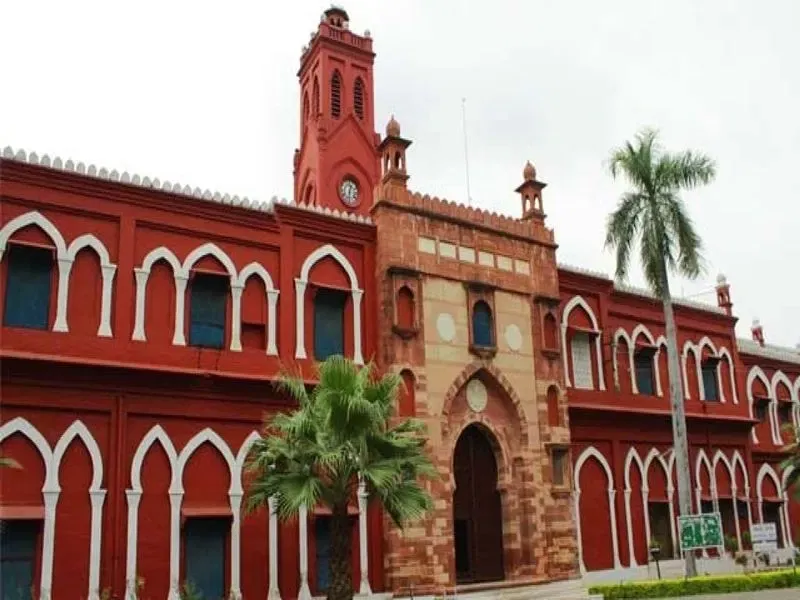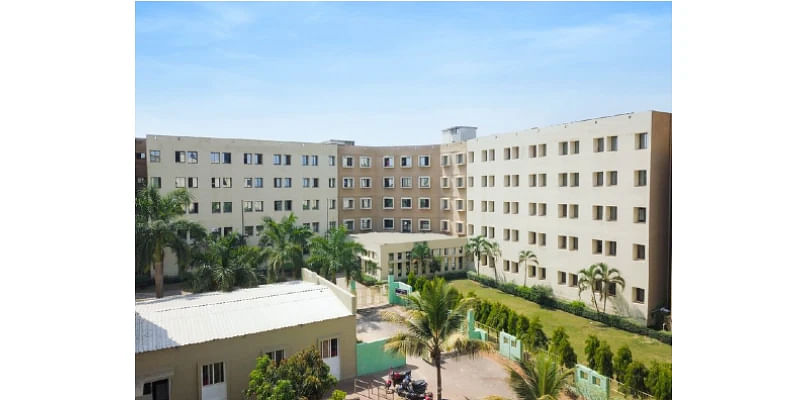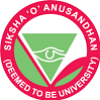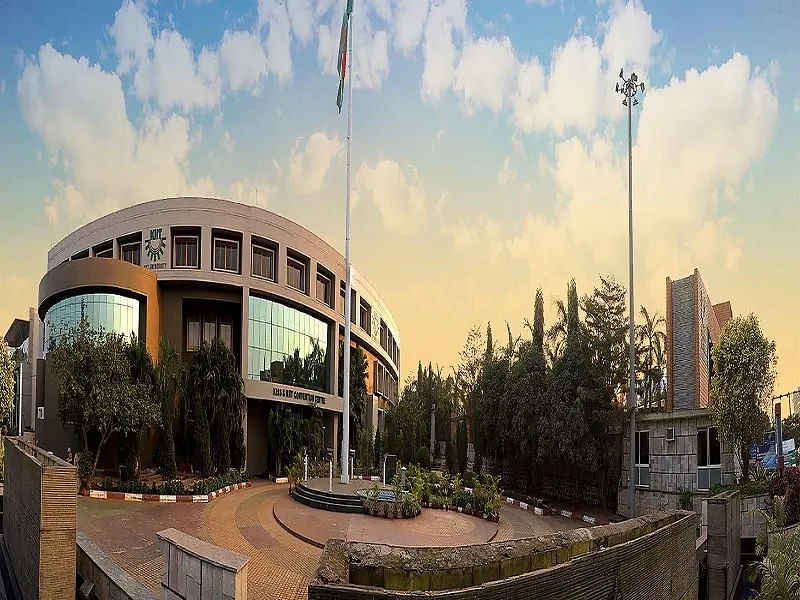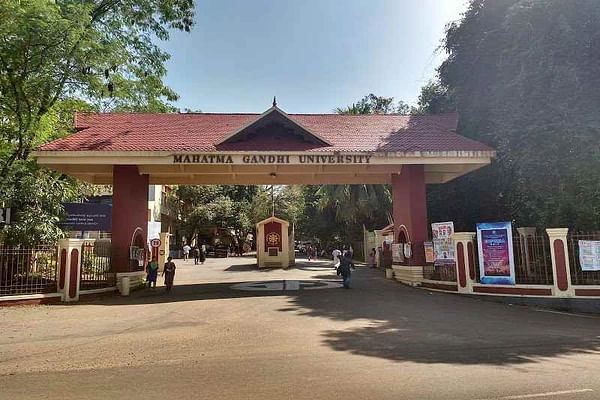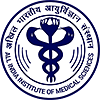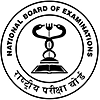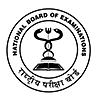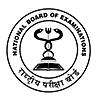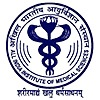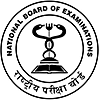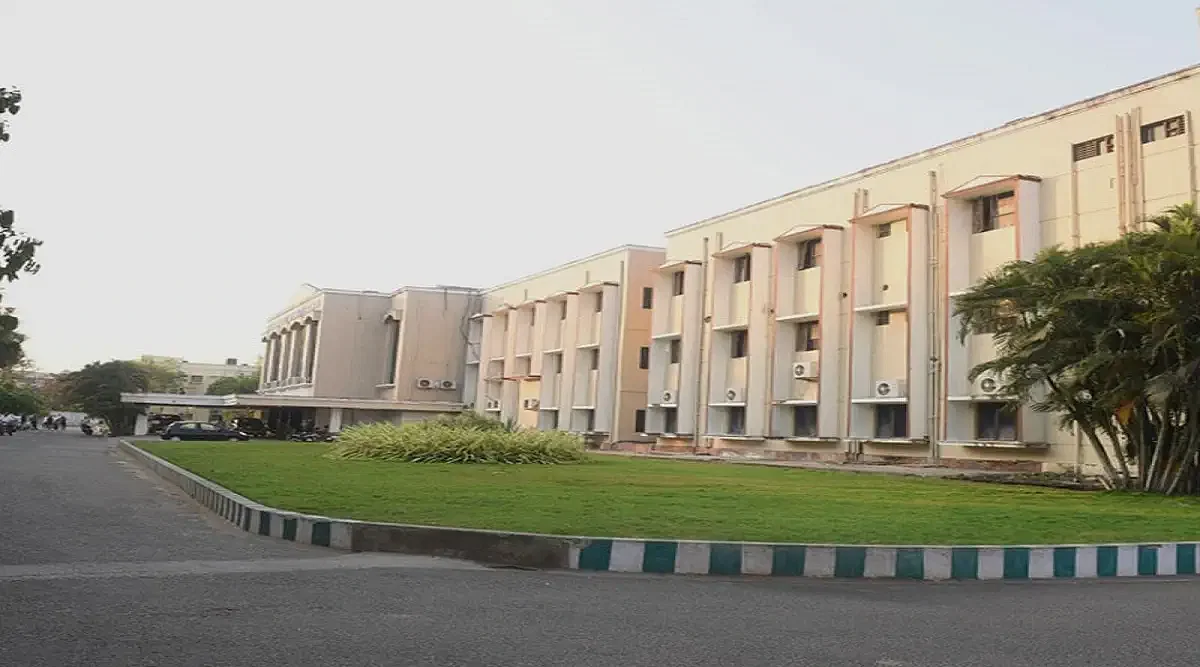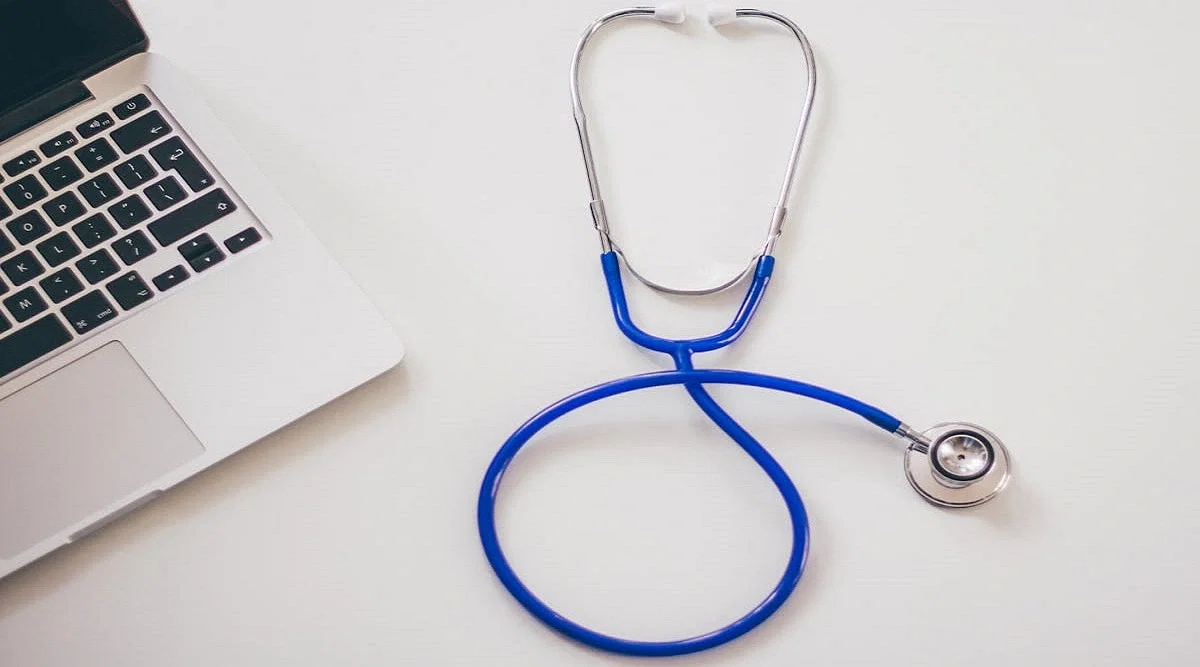MBBS Subjects and Syllabus: Phase Wise, Core Medical Subjects, Electives, Specialisations, Books

MBBS course is divided into 9 semesters, with each semester having 6 months. The course contains 120 days of teaching every semester. The MBBS Syllabus in India, set by the National Medical Commission (NMC), is categorized into three phases: Pre-Clinical, Para-Clinical, and Clinical Phases through theory and clinically-based teaching methodologies. The MBBS Syllabus is a vast and comprehensive curriculum that covers a wide range of medical topics such as Anatomy, Physiology, Biochemistry, Community Medicine, Psychiatry, Pharmacology, Microbiology, Obstetrics and Gynaecology, etc.
The syllabus has 19 MBBS subjects in total which are divided into 3 subjects during the first year, 7 subjects for the second year, 3 subjects for the third year, and 6 subjects for the final year followed by 6 months of internship.
Table of Contents
- MBBS Subjects Year Wise
- MBBS Syllabus: Phase-Wise MBBS Subjects
- MBBS Syllabus: 12 Months Rotational Internship
Semester-Wise MBBS Subjects Year Wise 2025
The 19 subjects of MBBS cover a wide range of medical topics, from the foundational sciences of anatomy, physiology, and biochemistry to clinical subjects like medicine, surgery, and paediatrics. The course is broken down into 10 compulsory subjects and 9 electives. At the end of the MBBS course, students have a one-year-long residency program which is compulsory for MBBS students.
The following are the detailed MBBS subjects for each year:
MBBS 1st Year Semester-Wise Subjects 2025
The 1st year MBBS subjects focus on the basic foundation and theories such as human anatomy and physiology, Biochemistry, Pharmacology, Molecular Biology, etc. Listed below are the subjects and topics covered under MBBS first year syllabus:
| Subjects | Topics Covered |
| Anatomy | Gross Anatomy, Micro Anatomy, Embryology, Genetics, Neuro Anatomy, Genito Urinary System, Endocrine System, Special Sensory Organs |
| Biochemistry | Biological Cells, Biomolecules, Enzymes, Metabolic Pathways, Food Assimilation and Nutrition, Immunology |
| Physiology | General Physiology, Nerve, Muscle, Blood, Environmental Physiology, Neuro Physiology, Sensory Systems |
MBBS 2nd Year Semester-Wise Subjects 2025
The 2nd year MBBS subjects focus on topics such as pathology, forensic medicine, community medicine, toxicology, etc. Listed below are the subjects and the topics covered in the MBBS 2nd year syllabus:
| Subjects | Topics Covered |
| Microbiology | Bacteriology, Virology, Bacterial Staining and Cultivation, Common Test for bacterial Identification, Parasitology |
| Forensic Medicine and Toxicology | Forensic Pathology, Forensic Medicine, Medical Jurisprudence, Forensic Psychiatry, Clinical Forensic Science |
| Pathology | General Pathology, Amyloidosis and Calcification, Cell Injury, Inflammation and Repair, Circulatory Disturbances, Growth Disturbances and Neoplasia |
| Pharmacology | Autonomic nervous system & Peripheral nervous system, General Pharmacology, Autacoids, Central Nervous System, Cardiovascular System |
| Community Medicine | Behavioural Science, Health Education, Biostatistics, Environment, Epidemiology, Nutrition, Maternal and Child Health |
| Surgery and Allied Subjects | Skin, Head and Neck, Arteries, Veins, Breast, Stomach and Esophagus, Colon and Rectum, Small Intestine |
| Clinical Postings | - |
MBBS 3rd Year Semester-Wise Subjects 2025
The MBBS 3rd year subjects focus on topics such as Anesthesiology, Community Medicine, Preoperative Evaluation, Critical Care, etc. Listed below are MBBS 3rd-year subjects and the topics covered:
| Subjects | Topics Covered |
| Ophthalmology | Diabetic Retinopathy, Visual acuity, pupillary pathways & cranial nerve palsies, Optic Nerve Lesions, Incomitant strabismus, Traumatic and Non-Traumatic Emergencies |
| Orthopaedics | Pediatric orthopaedics, Orthopaedic Oncology, Management of Trauma, Sports Medicine, Disorders of Spine, Orthopedic Neurology |
| Community Medicine | Rehabilitation, Epidemiology of common communicable diseases, National Health Programs, Occupational Health, Health Administration, Health Economics |
MBBS Final Year Semester-Wise Subjects 2025
The 4th year MBBS subjects cover topics such as Obstetrics and Gynecology, Dermatology, Bleeding Disorders, Emergency medicine, Neonatal Care, etc. Listed below are the MBBS final year subjects and the topics covered:
| Subjects | Topics Covered |
| General Medicine | Clinical Pharmacology, Nutritional and metabolic disorders, Water, electrolyte and acid-base imbalance, Critical Care Medicine, Medical Psychiatry |
| Dermatology and Venerology | Ineffective dermatoses, Infestations, Vesiculobullous diseases, Drug Eruptions, Allergic Disorders, Hereditary disorders |
| Obstetrics and Gynecology | Applied anatomy of the genito-urinary system, Development, structure & function of the placenta, umbilical cord & amniotic fluid, Anatomy of the Fetus, Fetal Growth, Rhesus Negative Pregnancy |
| Otorhinolaryngology | Introduction to Ear, Nose, Throat and Head & Neck Surgery, Epistaxis, Benign and malignant tumours of the maxilla, Lesions of Nasal Septal Perforations |
| Psychiatry | Classification of Psychiatric disorders, Aetiology of Psychiatric disorders, Bipolar Disorders, Schizophrenia, Depression, Anxiety Neurosis |
| Pediatrics | Neonatal history, Examination of Newborn, Pediatrics Surgical Problems, Therapeutics, Pediatric Emergencies |
Also, Check: Scope & Salary for MBBS graduates in India
MBBS Syllabus: Phase-Wise MBBS Subjects
The NMC MBBS syllabus is divided into 3 phases. The whole syllabus is divided into 9 semesters, each semester lasting for 6 months. This course division will also include one year of rational internship for students. Refer to the following table for a better understanding of the division of the MBBS syllabus:
| Phase | Semesters | Subjects covered |
|
Pre-Clinical Phase |
Semester 1 - 2 |
Anatomy Biochemistry Physiology |
|
Para-Clinical Phase |
Semester 3 - 5 |
Pathology Forensic Medicine Pharmacology Community Medicine Clinical Postings Inwards Microbiology |
| Clinical Phase | Semester 6 - 9 |
Medicine Dermatology and Venereology Psychiatry Obstetrics and Gynaecology Paediatrics Otorhinolaryngology Ophthalmology Orthopaedics |
MBBS Syllabus Phase-Wise details
MBBS syllabus has three phases as prescribed by NMC; Pre-Clinical, Para-Clinical, and Clinical. The subjects focusing on the phases are such as anatomy, biochemistry, microbiology, physiology, and so on. The details of the MBBS Syllabus phases are given below:
MBBS Pre-Clinical Phase
The Preclinical phase is the first phase of the MBBS course.
- This phase consists of 2 semesters consisting of 6 months each.
- It includes the study of subjects like anatomy, biochemistry, etc.
- Preclinical phases consist of practicals on gross anatomy, microanatomy, genetics, etc.
MBBS Para-Clinical Phase
The para-clinical phase is the second phase of MBBS that starts in the second year.
- This phase consists of 3 semesters: the 3rd, 4th, and 5th semesters, all consisting of 6 months each.
- The MBBS subjects included in these semesters are Microbiology, pathology, toxicology, etc.
- During this phase, students are introduced to community medicines.
- During this phase, students are authorized with the responsibilities of OPD in different wards of the hospital.
MBBS Clinical Phase
The third phase of MBBS is also the continuation of phase II, as follows:
- In this phase, students continue to study community medicines.
- In this phase, they learn allied MBBS and medical subjects like dermatology, Psychiatry, Obstetrics & Gynaecology, etc.
- Students also learn about surgery and allied fields.
- The clinical posting of students continues in this phase.
| MBBS Admission Process | MBBS Fees in India |
MBBS Specialisations
MBBS itself does not have formal specializations within the degree program. However, after completing MBBS, doctors have the option to pursue various specializations or postgraduate degrees in specific medical fields. Common specializations that doctors can pursue in India include::
- General Medicine
- General Surgery
- Paediatrics
- Obstetrics and Gynaecology
- Dermatology
- Ophthalmology
- Orthopaedics
- ENT
- Psychiatry
- Anesthesiology
- Plastic Surgery
- Neuro Surgery
- Cardio-Thoracic surgery
- Continuous Urinary surgery
- Pediatric Surgery
- Gastroenterology
- Endocrinology
- Clinical Haematology
- Nephrology
- Cardiology
- Immunology
- Craniologist
- Pathologist
19 Subjects of MBBS Course
The curriculum includes different types of subjects in MBBS in all areas. NMC prescribes the whole MBBS syllabus, and the institutions work accordingly with the prescribed syllabus. Following are the 19 subjects in MBBS course:
- Anatomy
- Biochemistry
- Physiology
- Pathology
- Microbiology
- Pharmacology
- Forensic Medicine and Toxicology
- Community Medicine
- Medicine
- Obstetrics and Gynaecology
- Paediatrics
- Psychiatry
- Anesthesiology
- Dermatology and Venereology
- Ophthalmology
- Orthopaedics
- ENT (Ear, Nose, and Throat)
- Clinical Postings
- OPD (Outpatient Department)
MBBS Syllabus: 12 Months Rotatory Internship
MBBS course comprises six months to a one-year compulsory rotational internship in any hospital or health care centre. During the internship period, students will be able to observe and practice clinical procedures and medical conditions.
The concerned department of medical will be providing the logbook for each student. The posting will be changed during intervals and will be notified by the department. The posting period is specified in the below table:
| Specialty | Duration |
| Medicine | 1.5 months |
| Surgery | 1.5 months |
| Rural | 3-month |
| Paediatrics | 1-month |
| Obstetrics and Gynaecology | 1 month |
| Casualty | 1-month |
| Anaesthesiology | 15 days |
| Ophthalmology | 15 days |
| Elective | 2 months |
| Total | 12 months |
MBBS Course Structure
The MBBS (Bachelor of Medicine, Bachelor of Surgery) course structure is designed to provide students with a comprehensive understanding of medical sciences, clinical skills, and practical experiences.
The structure may vary slightly among different medical universities, but the following is a general overview of the typical MBBS course structure:
- Five and half years
- Three phases: Pre-Clinical, Para-Clinical, and Clinical
- Specialisations
- 10 Compulsory Subjects
- 9 Elective Subjects
- Projects and Dissertation
- Practical Sessions
- Rotatory Internship And Workshops
- Conferences
- Exams
| MBBS Entrance Exams | Cheapest MBBS Colleges in India |
MBBS Teaching Methodology and Techniques
The course structure is intended to familiarise students with the fundamentals of surgery through hands-on experience assisting during major surgeries. Below mentioned are MBBS teaching methodologies and techniques:
- Case Studies
- Paper Presentation on Conferences
- Practical Sessions
- Real-time Surgery Projects
- Internships
MBBS Project Topics
The MBBS (Bachelor of Medicine, Bachelor of Surgery) course is primarily project-based. Students may undertake research projects as part of their academic curriculum. The choice of project topics can vary based on the interests of the students and the available resources. Some of the MBBS Project topics are as follows:
- Epidemics versus Pandemics
- Child Health Care
- Medical Humanitarian Missions in the Developing World
- Homeopathic Medicines – The Placebo Effect
- Virus Infections – Causes and Treatment
- Nutritional and Metabolic Disorders
- Water, Electrolyte, and Acid-Base Imbalance:
- Critical Care Medicine
- Dermatological Disorders and Treatments
- Psychiatric Disorders
Career Scope After MBBS
MBBS careers in India are offered in a variety of settings, including universities and colleges, clinics, and health care facilities. Below is a list of sectors where MBBS graduates can find employment:
| Areas of Recruitment | Job Roles |
| Hospitals and Clinics | General Practitioner, Resident Medical Officer, General Surgeon |
| Government Health Departments | Medical Officer, Public Health Specialist, Epidemiologist |
| Armed Forces Medical Services | Combat Medic, Military Doctor, Medical Officer |
| Research Institutions | Medical Research Officer, Clinical Research Associate, Research Scientist |
| Non-Governmental Organizations | Community Health Officer, Medical Coordinator, Health Educator |
| Pharmaceutical and Biotechnology | Medical Affairs Professional, Clinical Research Associate, Medical Advisor |
MBBS Job Roles
In India, there are several MBBS career opportunities available in both the commercial and public sectors. Skills, experience, job demand, role, and other criteria all contribute to graduation salary. The following table covers MBBS job profiles and their salaries:
| Job Designation | Average Entry-Level Salary (INR) |
| Cardiologist | 5.5 LPA |
| Ophthalmologist | 4.5LPA |
| Orthodontist | 4 LPA |
| Neurologist | 4.6 LPA |
| Dermatologist | 4 LPA |
MBBS Books
MBBS books are designed to give students a solid foundation in fundamental medical sciences. These books address topics like pathology, microbiology, biochemistry, anatomy, and physiology. Students will be better able to comprehend and apply clinical knowledge in subsequent years of their medical study if they have a firm grasp of these core ideas.
To enhance their knowledge better on the concepts of medicine, students can refer to MBBS books by famous authors on various subjects. Given below are the MBBS Subject books:
| MBBS Subjects | MBBS Books | Topics Covered | Author |
| Anatomy | Human Anatomy | Microscopic Anatomy, Clinical Correlations of Anatomical Structures, Embryology, Developmental Anatomy | B. D. Chaurasia |
| Biochemistry | Lehninger Principles of Biochemistry | Biomolecules, Glycolysis, Neurotransmitters, Krebs Cycle | David.L.Nelson |
| Forensic Medicine | The Essentials of Forensic Medicine & Toxicology | Legal Aspects of Forensice Medicine, Autopsy Procedures, Forensic Toxicology, Forensic Interpretation | Dr. KSN Reddy |
| Pharmacology | Basic and Clinical Pharmacology | Pharmacokinetics, Actions of Drugs, Therapeutic Uses, Drug Reactions | Bertram G. Katzung |
| Pathology | Textbook of Pathology | Cellular Adaptation, Systemic Pathology, Pathophysiology, Neoplasia | Harsh Mohan |
| Anaesthesiology | Fundamentals of Anaesthesia | Anesthesia Practice, Anesthetic Drugs, Complications, Perioperative Care | Colin Pinnock |
The MBBS syllabus 2025 provides an overview of the course framework, with essential topics such as anatomy, biochemistry, physiology, pharmacology, community medicine, dermatology and venereology, surgery, orthopaedics, and so on. The syllabus is organized into three sections: pre-clinical, para-clinical, and clinical subjects.
Top MBBS [Bachelor of Medicine and Bachelor of Surgery] Colleges
Top Medical Entrance Exams
MBBS Fee Structure
FAQs on MBBS Syllabus and Subjects
Q: How many subjects are there in 1st year MBBS?
MBBS first-year syllabus consists of two semesters and three subjects.
Q: How many semesters are there in MBBS?
MBBS syllabus is divided into nine semesters.
Q: What is taught in MBBS 4th year?
MBBS 4th year syllabus focuses on topics such as paediatrics, neonatal care, obstetrics and gynaecology, critical care, emergency medicine, psychiatry, etc.
Q: Does MBBS have maths?
No, MBBS syllabus does not have mathematics as it focuses on core subjects such as human anatomy, physiology, biochemistry, etc.
Q: How many phases are there in MBBS?
MBBS syllabus is categorized into three phases Pre-Clinical, Para-Clinical, and Clinical.
Q: What is a good percentage in MBBS?
The candidate must atleast secure 50% of the aggregate marks with a 60:40 ratio in theory and practical exams
Q: Is 1 year internship compulsory for MBBS?
Yes, in most of the universities and colleges in India one year internship is compulsory for MBBS students and it is part of the syllabus
Q: Which is the easiest field after MBBS?
The most popular fields after MBBS are Biotechnology, Pharmaceuticals, Paramedical, etc.
Q: What are the important MBBS 1st year Books?
Park’s Textbook of Preventive and Social Medicine by K.Park, Basic and Clinical Pharmacology by Ph.D. Katzung, Bertram G., M.D. and Ph.D. Vanderah, Todd W, Handbook of General Anatomy by BD Chaurasia, Human Histology by Inderbir Singh are some of the important MBBS first year books.




